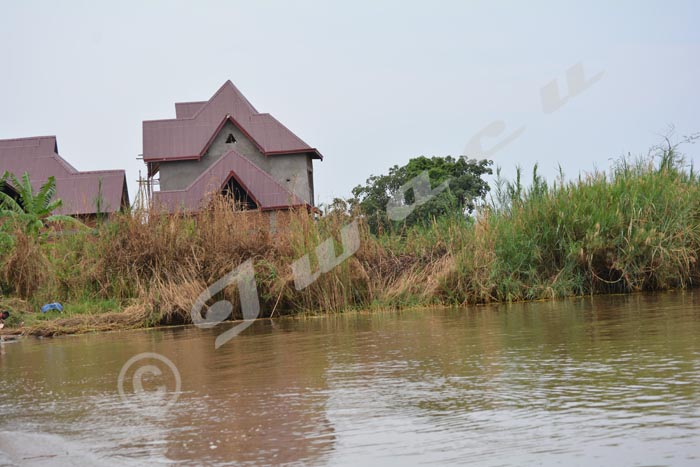Ministry of Environment, Water and Urban Planning calls for wetlands protection program to counter twin threats of agriculture and urbanization.

Wetlands nearby the Tanganyika Lake threatened by the urbanization
Burundi’s wetlands could cause widespread flooding if not better managed”, the Director General of water, Emmanuel Ndorimana says.
Unplanned construction and agriculture pose a significant threat to the wetlands and surrounding communities, experts said on the world wetland day on 2 February 2017.
The wetlands have undergone degradation due to multiple factors. “Settlements and urbanization by an ever growing population, reclamation and conversion for agriculture are the main causes of their degradation”, says Frédéric Bangirinama, an ecologist. Bangirinama says that other factors are upstream infrastructural development, over-exploitation by local communities and climate change.
There are a number of unplanned constructions near Lake Tanganyika. “Houses are even constructed under the lake – even the hippopotamus do not have anywhere to browse grasses”, says a local resident in Kibenga neighborhood in the capital Bujumbura.
The ecologist says the interventions including strategic building for informed planning and development and facilitating wetlands management planning for sustainability in the country are the most important measures to focus on. “There is a need to improve our building norms, terraced crops, level curves and fixing grasses, and afforestation of the hills because the wetlands play the role of sponge and regulate drying”, he says.
Emmanuel Ndorimana, the Director General of water in the Ministry of Environment, says the wetlands are crucial mainly because they act as a buffer for floods. “They absorb the excess water or run off in the environment and release it systematically while causing no harm to the neighborhood”, he says.
The Director General of Water says that there is a need to protect all the wetlands because, when they are threatened, they implode with no escape route for the large amounts of water. “For this reason, floods rise and cause destruction of the surroundings”, he says.
Wetlands are also valuable ecosystems that play an important role in maintaining environmental quality, sustaining livelihoods and supporting biodiversity. “We planned to conduct sensitization campaign to improve water security through tapping on restoration and conservation of wetlands ecosystem services”, he says.
Burundi ratified the convention on wetlands on 5 October 2002. The country has four wetlands including the national park of Ruvubu with 50, 800 ha) in the eastern of the country, the national park of Rusizi in western of the country with 10,673 ha; the northern aquatic landscape with 16, 242 ha of surface and the Malagarazi natural reserve with 800 ha.



















 IWACU Open Data
IWACU Open Data

